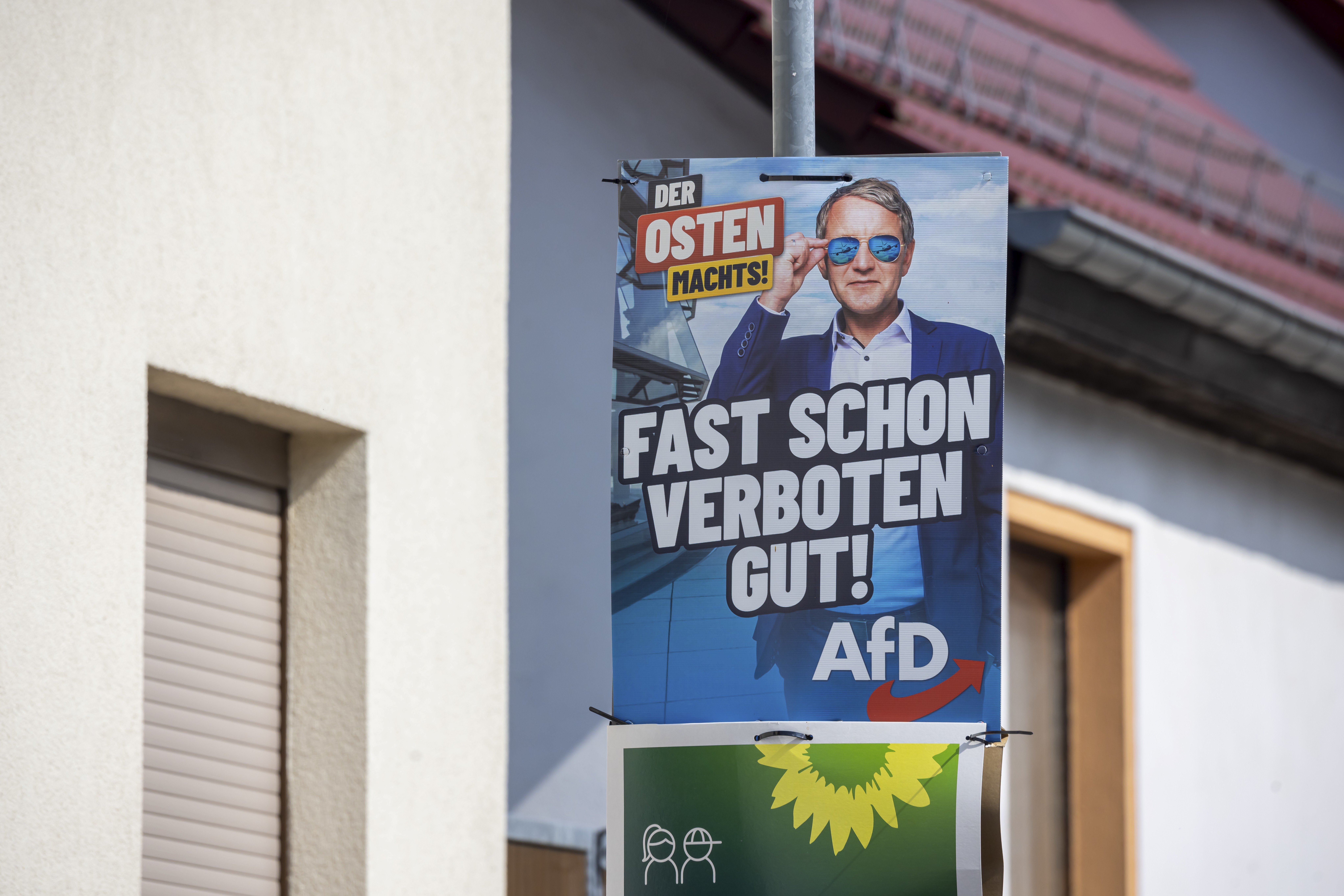State Elections in Thuringia, Saxony and Brandenburg - Extreme Parties on the Rise?
The Alternative for Germany (AfD) became Germany's strongest political force in the regional elections in Thuringia and Saxony.

The newly founded Alliance of Sahra Wagenknecht (BSW) is making a lasting impression on the German political landscape. In view of the fragmentation of the parties and the rise of the extremes, forming a stable government it is becoming increasingly difficult for the traditional parties.
The voters turnout expresses the will to sanction the policies of the three-party coalition between the social democrats, Greens and Liberals.
The election reflects the special characteristics of eastern Germany, but also has implications for the established parties at federal level with regard to the federal elections in September 2025.
Jeanette Süß is Research Fellow at the Study Committee on Franco-German (Cerfa) at the French Institute of International Relations (Ifri), working in particular on the European Union and the Franco-German relations.
This publication is available in French (pdf): "Les élections régionales en Thuringe, en Saxe et en Brandebourg. Raz-de-marée pour les extrêmes ?".

Available in:
Themes and regions
Share
Download the full analysis
This page contains only a summary of our work. If you would like to have access to all the information from our research on the subject, you can download the full version in PDF format.
State Elections in Thuringia, Saxony and Brandenburg - Extreme Parties on the Rise?
Related centers and programs
Discover our other research centers and programsFind out more
Discover all our analysesMerz’ European Policy-making: The End of the ‘German Vote’?
Friedrich Merz’s European ambition is to turn Germany, long seen as hesitant into a leading actor within the European Union (EU). To that end, he has pledged to end the “German vote,” a phenomenon that epitomizes the paradox of a country both indispensable and frequently absent from European decision-making.

Securing critical raw material (CRM) value chains – a prerequisite for Europe’s technological resilience
At the heart of economic security, technological resilience is a backbone of the European Union’s (EU) competitiveness. The EU’s energy and digital transitions depend on critical raw materials (CRM).

Reconciling competitiveness and demographic change: a Franco-German imperative
France and Germany are facing parallel demographic shifts that could reshape the future of their economies and their social models. These shifts reflect broader European patterns but are magnified by the central role both nations play in EU governance and competitiveness.
Taking the Pulse: Does France's Political Crisis Weaken Europe's Geopolitical Hand?
While the EU tries to navigate a myriad international challenges, France is experiencing historic political disarray. What impact will instability in Paris have on Europe's geostrategic capacity?










